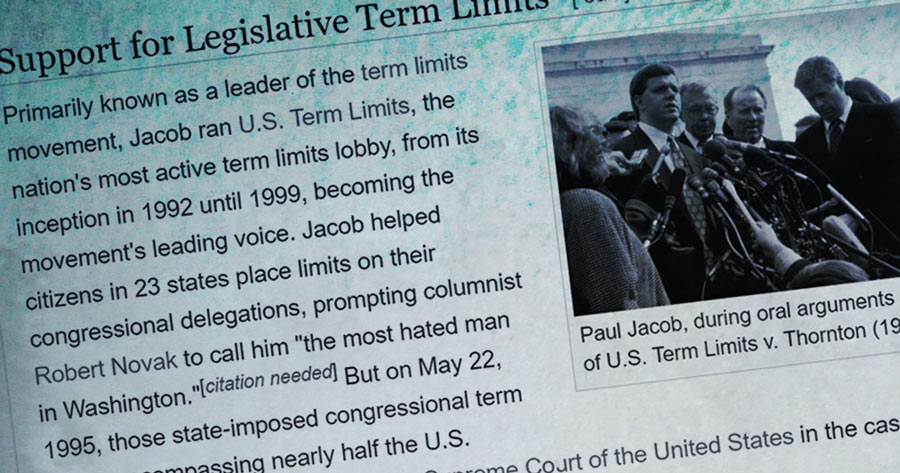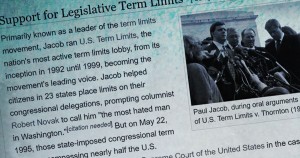Legend has it that a juror once ran up to attorney Neil Gorsuch, after Gorsuch won a case proving a gravel pit owner had been cheated, declaring, “You’re Perry Mason.”
These days, Gorsuch sits on the Tenth Circuit Court of Appeals, and is President Donald Trump’s nominee for the late Justice Scalia’s seat on the nation’s highest court.
And now Gorsuch is receiving testimonials worthy of the indefatigable TV lawyer.
Brad Smith, the chairman of the Center for Competitive Politics, expressed his pleasure “that President Trump has nominated someone who will defend a robust First Amendment.”
Ballot access expert Richard Winger noted that Gorsuch has a “good record in cases involving independent candidates and minor parties.”
“I am hard-pressed to think of one thing President Trump has done right in the last 11 days since his inauguration,” wrote Neal Katyal in the New York Times. “Until Tuesday,” continued the Georgetown law professor, “when he nominated an extraordinary judge and man, Neil Gorsuch, to be a justice on the Supreme Court.”
Katyal, who had served as an acting solicitor general in the Obama administration, added that Gorsuch’s record of holding government officials accountable “should give the American people confidence that he will not compromise principle to favor the president who appointed him.”*
Even I have pertinent testimony: back in 1992, Gorsuch argued (in a co-authored Cato Institute paper) that term limits were “constitutionally permissible” as “institutional constraints on the power of government” that “the Framers,” if alive today, would likely see as “necessary preconditions for liberty.”
No, Gorsuch is not actually Perry Mason — I never knew where Perry stood on term limits.
This is Common Sense. I’m Paul Jacob.
* On Reason’s Hit & Run blog, Damon Root strongly agreed.












